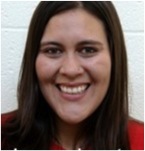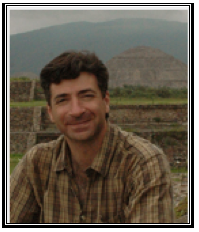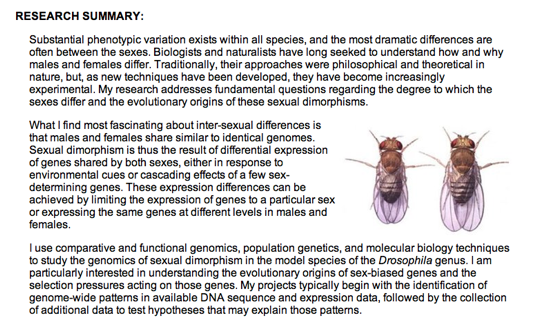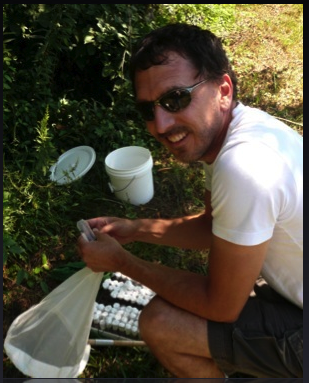 On Nov. 8th at 5pm Peter Dear from Cornell University will be talking in the Welles-Brown Room of Rush Rhees Library on “Darwin’s Sleepwalkers: Naturalists and the Practices of Classification.” The Humanities Project provides the following blurb on this talk: “Ernst Mayr famously claimed that the practices of classification in natural history underwent no sharp change following the rapid acceptance among naturalists in the 1860s of Darwin’s transformist arguments in the *Origin of Species*. More recently, Polly Winsor has argued for the importance of taxonomy in the development of Darwin’s great theory, in effect, her argument similarly blends taxonomy before and after 1859. Broadly speaking, such positions are surely right: Darwin especially used arguments referring to varieties, species, and genera throughout his writings, and he could hardly have expected his use of these categories to carry any persuasive force if he had reinvented them wholesale. Darwin clearly recognized his reliance on the work of other, non-transformist taxonomists, and needed in effect to explain how their work could have produced just such groupings as his own theory explained through descent with modification. Since these groupings served in many cases as evidence for his theory, they could scarcely be accepted on its basis. Darwin wanted only to reinterpret their meaning, not to undermine the notion of an already achieved natural classification; he wanted to use accepted taxa as data for his theory when only his theory (he thought) could justify them. How could that be, without argumentative circularity? Darwin’s practical solution involved a wholesale naturalization of classification.”
On Nov. 8th at 5pm Peter Dear from Cornell University will be talking in the Welles-Brown Room of Rush Rhees Library on “Darwin’s Sleepwalkers: Naturalists and the Practices of Classification.” The Humanities Project provides the following blurb on this talk: “Ernst Mayr famously claimed that the practices of classification in natural history underwent no sharp change following the rapid acceptance among naturalists in the 1860s of Darwin’s transformist arguments in the *Origin of Species*. More recently, Polly Winsor has argued for the importance of taxonomy in the development of Darwin’s great theory, in effect, her argument similarly blends taxonomy before and after 1859. Broadly speaking, such positions are surely right: Darwin especially used arguments referring to varieties, species, and genera throughout his writings, and he could hardly have expected his use of these categories to carry any persuasive force if he had reinvented them wholesale. Darwin clearly recognized his reliance on the work of other, non-transformist taxonomists, and needed in effect to explain how their work could have produced just such groupings as his own theory explained through descent with modification. Since these groupings served in many cases as evidence for his theory, they could scarcely be accepted on its basis. Darwin wanted only to reinterpret their meaning, not to undermine the notion of an already achieved natural classification; he wanted to use accepted taxa as data for his theory when only his theory (he thought) could justify them. How could that be, without argumentative circularity? Darwin’s practical solution involved a wholesale naturalization of classification.”











